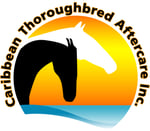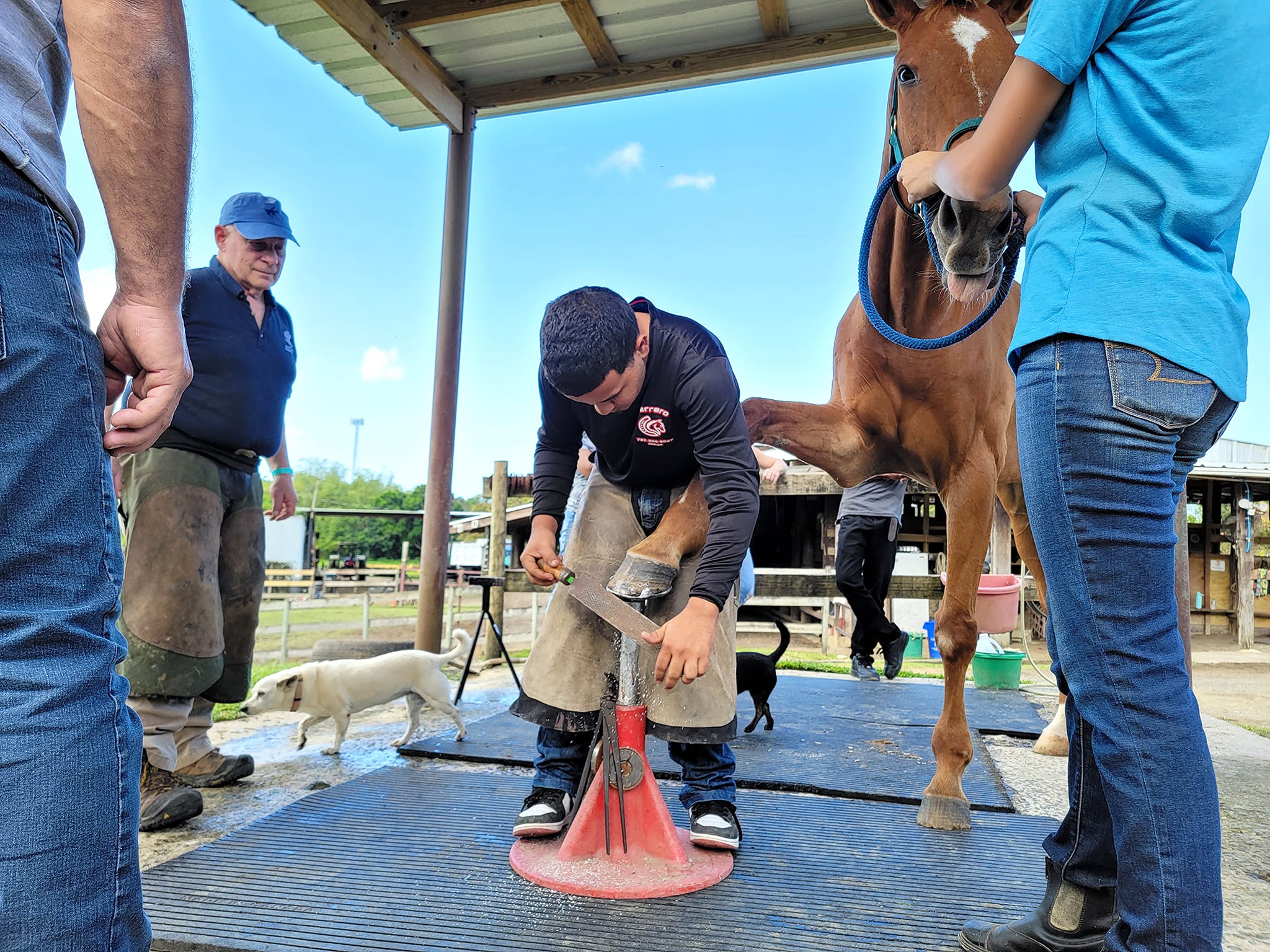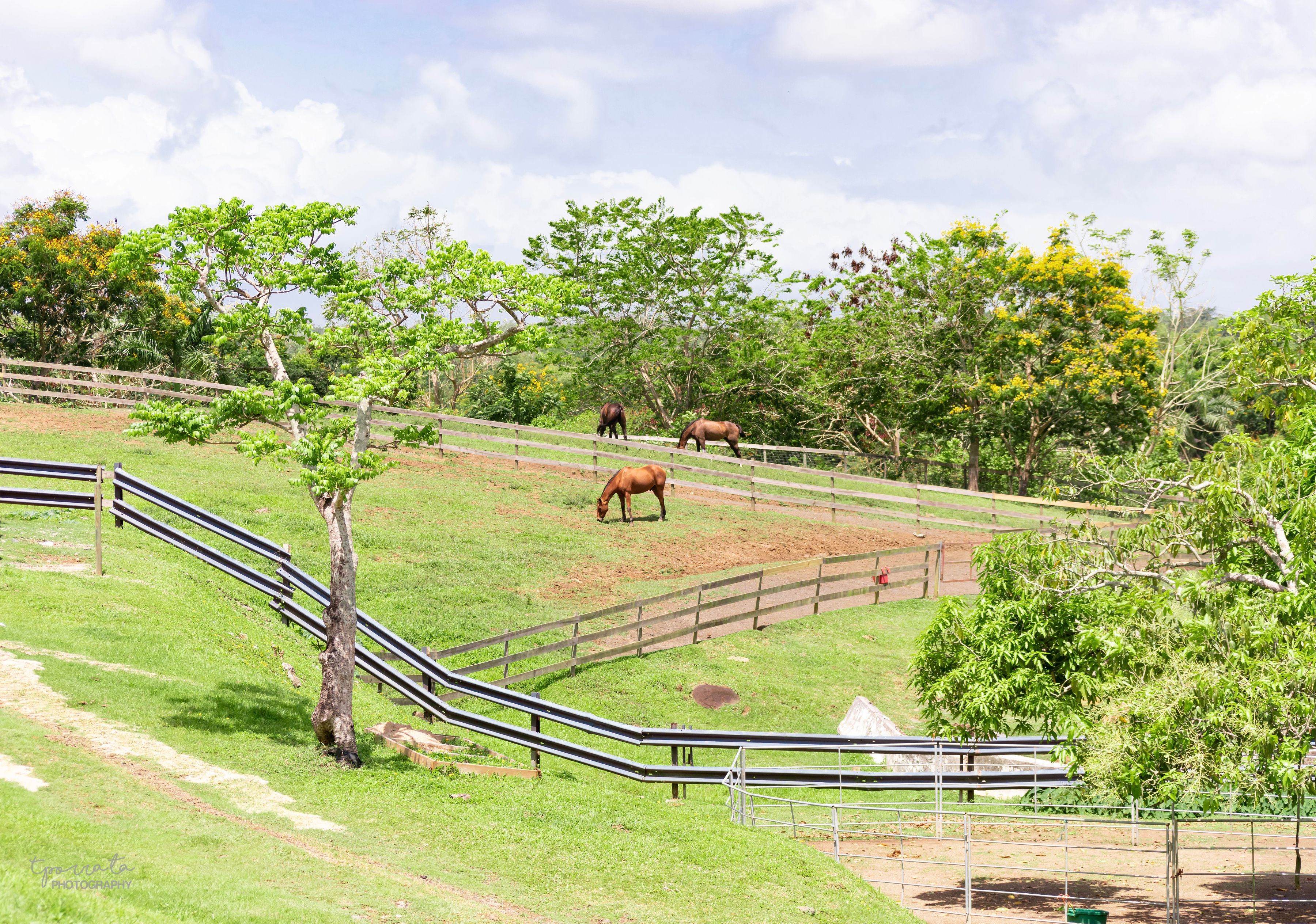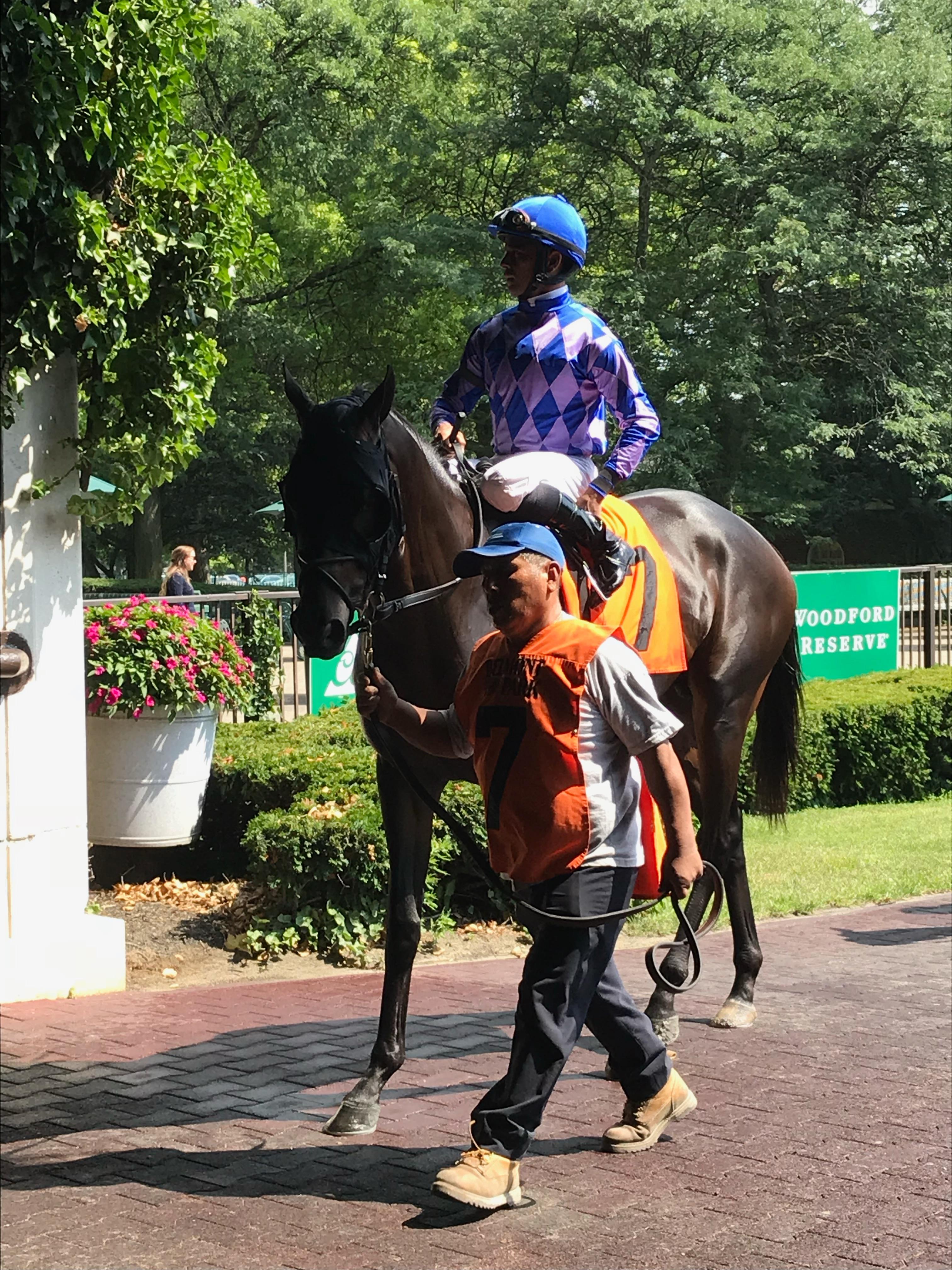Michael Sternklar shared two vignettes that say everything about Richard Schosberg's integrity as a trainer and his passion for Thoroughbred aftercare.
During their first meeting in 2005, an interview of sorts, Sternklar was blunt about how he wanted to proceed as a first-time owner. “I don't want to cheat. I care about the horses,” he told Schosberg. “If you have a different way of operating, I'll shake hands and wish you luck.”
Michael Sternklar shared two vignettes that say everything about Richard Schosberg's integrity as a trainer and his passion for Thoroughbred aftercare.
During their first meeting in 2005, an interview of sorts, Sternklar was blunt about how he wanted to proceed as a first-time owner. “I don't want to cheat. I care about the horses,” he told Schosberg. “If you have a different way of operating, I'll shake hands and wish you luck.” 
Schosberg's face lit up in agreement and Clear Star Stable was born. It has gone on to include many successful years with its focus on New York-breds while growing to include 40 partners invested in approximately 14 horses.
The second vignette involves Saturday Appeal, a New York-bred gelding that Sternklar and Schosberg had campaigned successfully.
Saturday Appeal, an earner of more than $300,000, was a shadow of himself when Sternklar spotted him running for a $4,000 claiming price at Camarero Race Track in Puerto Rico. He finished last of nine.
Sternklar was determined that Saturday Appeal should not be asked to give anything more on the racetrack. His 61st start needed to be his last. He called Schosberg and asked whether there was anything he could do.
When a horse is in need, Schosberg is not easily turned away. He quickly established contact in Puerto Rico and arrangements were made to give exhausted Saturday Appeal the retirement he deserved.
In addition to training 16 horses, Schosberg serves as president of Take2/TAKE THE LEAD. The program, established in the autumn of 2013 to serve New York tracks, recently retired its 900th Thoroughbred. Schosberg also is on the board of the Thoroughbred Aftercare Association and is first vice president of the New York Thoroughbred Horsemen's Association.
There is not a call for help that he does not answer – and those calls keep coming. “My days are filled,” Schosberg said. “I could use a little more sleep.”
Why is he so committed?
“Because we need to,” he replied. “These horses give so much of themselves, racing and training, we owe it to them. They can't do it themselves and the industry generates enough revenue. A piece of that has to go to Thoroughbred aftercare.”
Schosberg went on, “The responsibility for proper, safe and purposeful aftercare – second careers – lies with the industry itself. And that doesn't just mean owners and it doesn't just mean trainers and it doesn't just mean horsemen's groups and the racetrack. Everybody who puts food on the table or puts gas in their vehicle because horses race has a responsibility to make sure those horses have a safe and proper retirement.”
Schosberg, 60, recognized the Thoroughbred's nobility and majesty while growing up on his parents' farm in Westchester County, N.Y. He can recall doing his homework while sitting in the stall of a mare preparing to deliver her foal. He graduated from Cornell in 1984, earning a degree in applied economics concentrating on animal science and equine studies.
Schosberg began training on his own in 1988, eventually overseeing Grade 1 winners Affirmed Success, As Indicated, Maria's Mon and Mossflower. He described Affirmed Success, winner of the Carter Handicap and earner of more than $2.2 million, as a “career horse.”
Although he endures the travails of many trainers with small operations on the rugged New York circuit, he is widely respected. “Rick cannot make a slow horse run fast,” Sternklar said, “but he can make every horse run as fast as the gifts given to him or her. He's half veterinarian, half trainer, half therapist. I guess that's three halves.”
If anyone deserves such a description, it is Schosberg. He never stops.
“With him, horses have always come first,” said Andy Belfiore, executive director of the Florida Thoroughbred Horsemen's Association. “Even before aftercare became such an issue for horsemen, he was ahead of the curve on that. He always made sure his horses had a safe retirement. He even retired some of the horses he trained to his own property.”
Schosberg has done the heavy lifting in increasing the usefulness of Take2/TAKE THE LEAD. The program accommodated a high of 181 horses in its last fiscal year. Each horse is evaluated by a team of veterinarians to determine its medical needs and how to best prepare that horse for a second career. The transition process can cost anywhere from $3,500 to $5,000 per horse, depending on various factors.
“We make sure the horse has safety nets all along the way,” Schosberg said. “These horses are not going to fall through the cracks.”
Schosberg noted that the vast majority of an equine's lifespan will be spent after its final race. Second careers can range from dressage to police work to therapy. The usefulness of therapy programs is particularly encouraging.
“A lot of these programs are successful because horses feel your emotions,” Schosberg said. “They not only help with physical rehabilitation, helping with balance and stabilizing muscles and things like that for people who have physical challenges, but emotionally.”
Schosberg's favorite time of day comes when training hours are over, horses have cleaned their feed tubs and the daily chores are done. He will slip into a stall and sit quietly to observe in a corner, a man alone with his horse.
Read the original article in Paulick Report here
Tom Pedulla wrote for USA Today from 1995-2012 and has been a contributor to the New York Times, Los Angeles Times, Blood-Horse, America's Best Racing and other publications.

.png)


